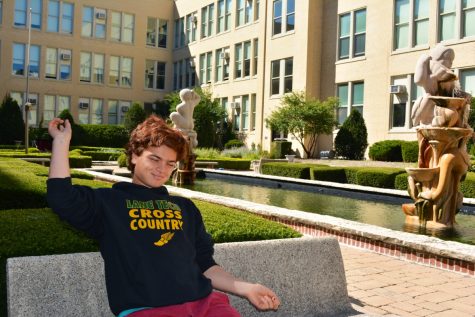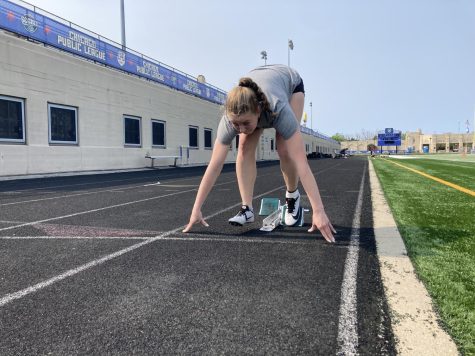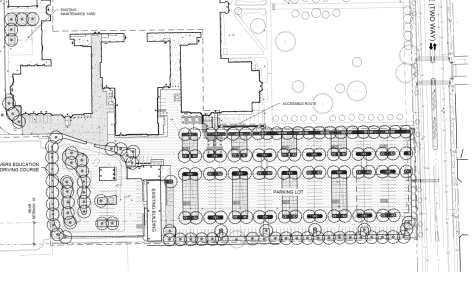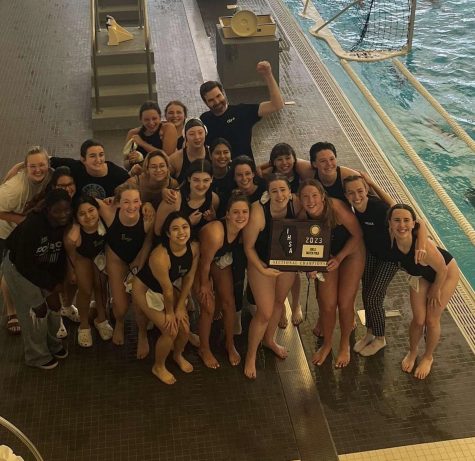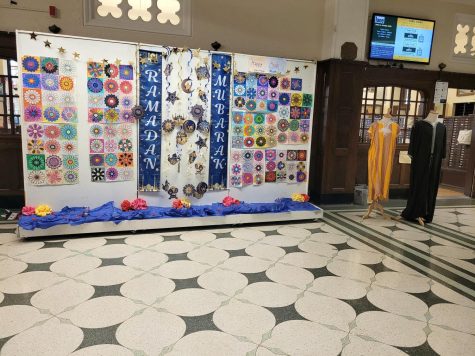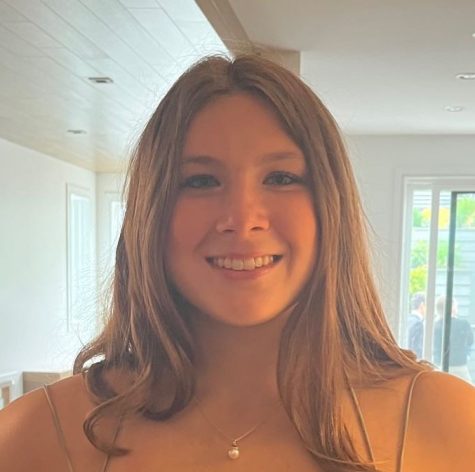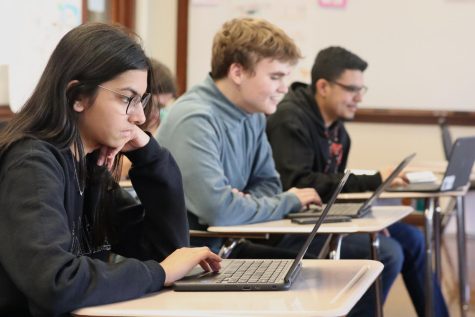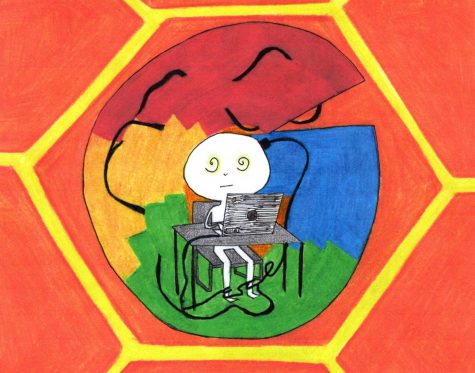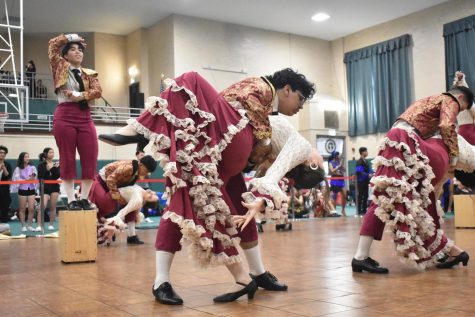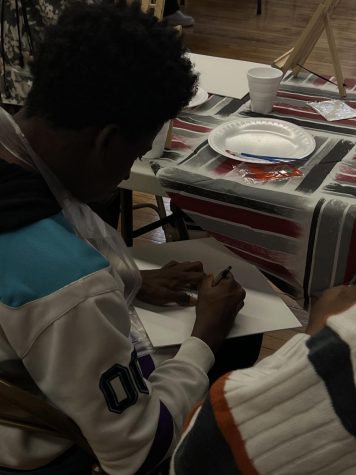CPS bans Turnitin over communication concerns
December 21, 2018
From the nervousness of checking the plagiarism meter of a paper to the frustration of not clicking the submit button enough times, Turnitin has been a staple of Lane English classes for years.
However, starting this school year, CPS has banned schools from using Turnitin, in addition to other external services and tools used by teachers and students.
The decision came after an exposé published in June by the Chicago Tribune uncovered hundreds of sexual abuse cases in CPS in recent years.
In response, CPS has cracked down on two-way communication methods between teachers and students.
Assistant Principal Ms. Edwina Thompson said that the move to discontinue the use of Turnitin is a direct result of the CPS decision, which focused on Turnitin’s proprietary database.
“CPS has decided that Turnitin.com is no longer a viable option for Chicago Public Schools, mostly because of the way the information is contained,” Thompson said. “There are some legalities there that have not been fully explained to us, but we have been told that we cannot use it.”
CPS’ restrictrictions are not limited to the use of Turnitin.com; they also include other forms of two-way communication between students and school staff.
CPS has also restricted services such as Remind, an app that let teachers send group texts to students, and there is now stricter enforcement on students texting staff members, including non-teachers, such as sports coaches, according to Principal Mr. Tennison.
“It’s about being really transparent about communication,” Tennison said.
In early October, Lane’s Girls Softball coach Charles Rocha was fired due to texting students too often and has been barred from working for CPS again, according to the Chicago Sun-Times.
The strict enforcement is part of CPS’ plan of action to help protect against sexual harassment and abuse; however, some students and staff are still uncertain over whether it is necessary to ban Turnitin, which served an important purpose by checking students’ work for plagiarism and similarity to other works in its database.
Emma Haugh-Ewald, Div. 052, said that not having Turnitin as a resource could make it easier to plagiarize papers.
“Turnitin had a really big database, and it was really important for teachers and students to have that resource, because it’s really important to know whether your students are plagiarizing or not,” said Haugh-Ewald.
Turnitin’s features are not limited to plagiarism detection. English teacher Ms. Bessette said that it offered valuable features, such as comprehensive peer reviewing, editing and grading. She said that not having Turnitin has been a drag on her classes this year.
“It makes grading less efficient, and for the students, I think that they are lacking the ability to use the tools Turnitin offered,” Bessette said.
Thompson filed a vendor sponsorship with CPS to get Turnitin back, but it was rejected. As an alternative, CPS has offered Grammarly as a plagiarism checker and comparable tool to Turnitin.com.
According to Thompson, services like these are sold on a per-student basis, and Lane has been paying its original rate from when it first purchased Turnitin, which is a few dollars per student.
If Lane were to have purchased Turnitin for the first time this year, Thompson said it would cost much more per student, which could make it unaffordable for Lane. If Lane switches to Grammarly, the price could be the same, as Thompson said that Lane has not received a quote yet, and has doubts as to whether Lane would be able to afford the service.
However, Turnitin has a proprietary database that produces similarity reports with other works that have been submitted to its website but might not be posted anywhere on the internet.
“It’s not plagiarism; it’s a similarity report,” said English teacher Mr. Nordlund. “Oftentimes, what that is is if they have quoted material . . . a lot of times that’ll come up highlighted, because other students who have turned in papers to Turnitin have used that exact same quote.”
In comparison, according to Grammarly’s website, Grammarly checks submitted work against 16 billion web pages and ProQuest’s databases, but it does not retain the work for future similarity reports, unlike Turnitin.
The effectiveness of Grammarly in detecting plagiarism has yet to be proven.
“From what I understand, Grammarly can do a lot of the things Turnitin.com was able to do, but we just don’t know to what extent, at this point,” Thompson said.
Haugh-Ewald noted that even if Grammarly does not have the same capabilities as Turnitin, it is important that there is a replacement soon.
“If we aren’t going to get Turnitin back, it’s important that we have some sort of alternative,” said Haugh-Ewald. “Even if it’s not gonna be as good, it’s important that we have something.”
Thompson requested a second vendor sponsorship for Turnitin, but it was again rejected by CPS.

